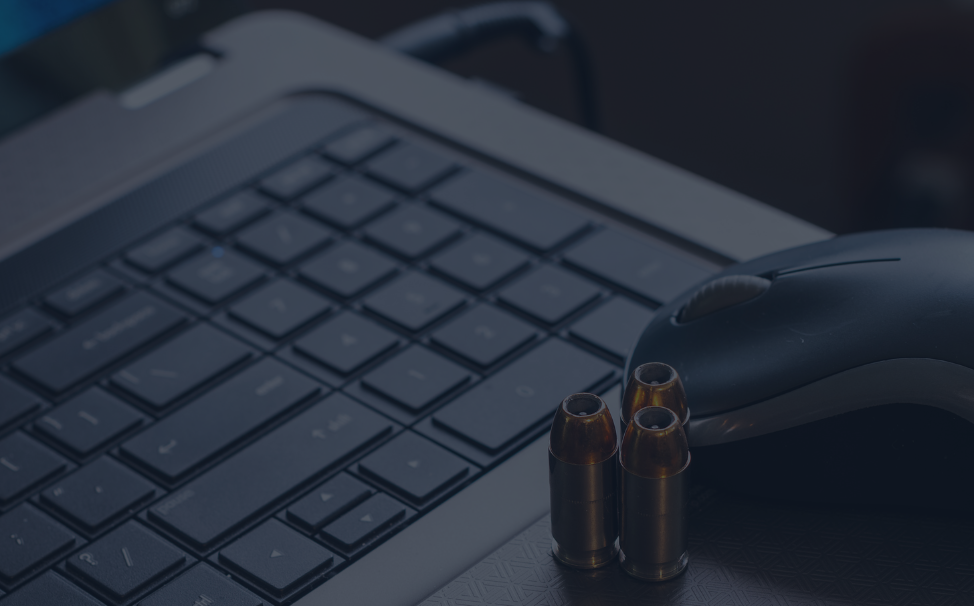Passwords? Pass the Cracker please…….
PeterWallace
“Treat your password like your toothbrush. Don’t let anybody else use it, and get a new one every six months.” -Clifford Stoll
Why are strong passwords needed?
Good computer security includes the use of strong passwords for all your accounts. Passwords can be the weakest link in a computer security scheme. Strong passwords are important because password cracking tools continue to improve and the computers used to crack passwords are more powerful. Network passwords that once took weeks to break can now be broken in hours.
Password cracking software uses one of three approaches: intelligent guessing, dictionary attacks, and automation that tries every possible combination of characters. Given enough time, the automated method can crack any password. However, it still can take months to crack a strong password.
For a password to be strong and hard to break, it should:
- Contain 6 or more characters
- Contain characters from each of the following three groups:
- Letters (uppercase and lowercase) A, B, C,…; a, b, c,…
- Numerals 0, 1, 2, 3, 4, 5, 6, 7, 8, 9
- Symbols (all characters not defined as letters or numerals) ` ~ ! @ # $ % ^ & * ( ) _ + – = { } | [ ] : ” ; ‘ < > ? , . /
- Have at least one symbol character in the second through sixth positions.
- Be significantly different from prior passwords.
- If there is only one letter or special character, it should not be either the first or last character in the password
Do NOT use:
- Your username or any part thereof
- Name(s) of yourself, family, friends, pets, or co-workers
- Computer terms and names, commands, sites, companies, hardware, or software
- Birthdays or other personal information such as addresses or phone numbers
- A set of characters in alphabetic or numeric order (ex. abcdef), in a row on a keyboard
(ex. qwerty), or a simple pattern (ex. 123123) - Words that can be found in a dictionary
- Your UCLA ID number, a bank account PIN, credit card number, etc.
- Any of the above spelled backwards
- Any of the above preceded or followed by a digit (ex. qwerty1, 1qwerty)
Try to change your password(s) frequently.
When typing in your password, make sure no one is watching you type. Ask anyone around you to kindly look away.
Also the top 20 most common password are as follow. Is yours among them?
- 123456
- 12345
- 123456789
- Password
- iloveyou
- princess
- websitename (the name of the site example Microsoft or yahoo)
- 1234567
- 12345678
- abc123
- Nicole
- Daniel
- babygirl
- monkey
- Jessica
- Lovely
- michael
- Ashley
- 654321
- Qwerty
You will notice how many people have apparently used their first names as passwords. Number 7 the password is simply the name of the site.
I advise users to choose a strong password for sites you care for the privacy of the information you store. If you’re concerned about being able to remember the code, here’s a little memory-jogging trick: Take a sentence and turn it into a password. Something like ‘This little piggy went to market’ might become ‘tlpWENT2m.’”








